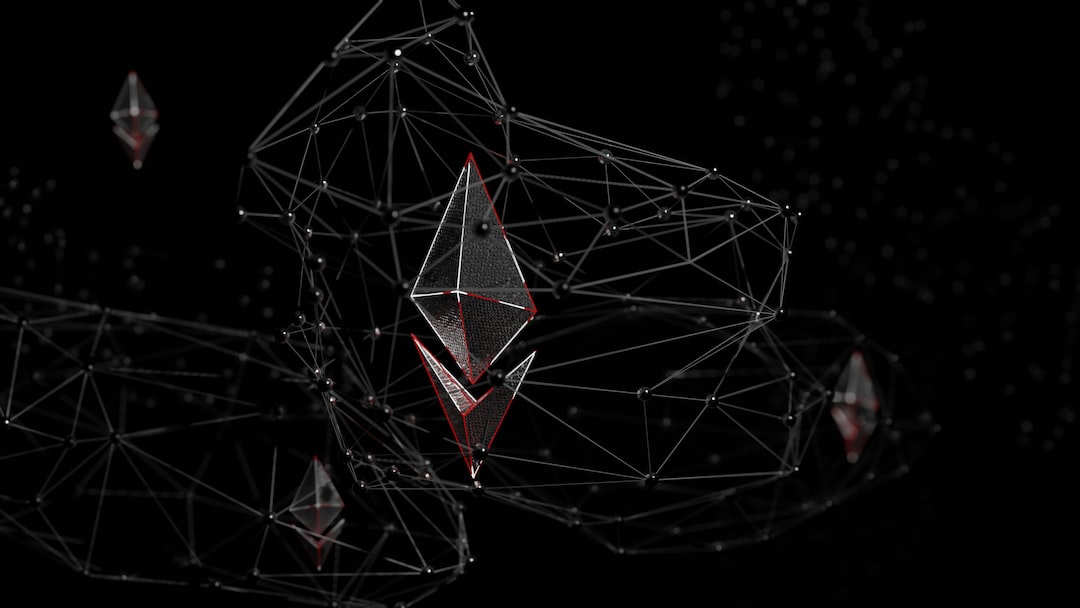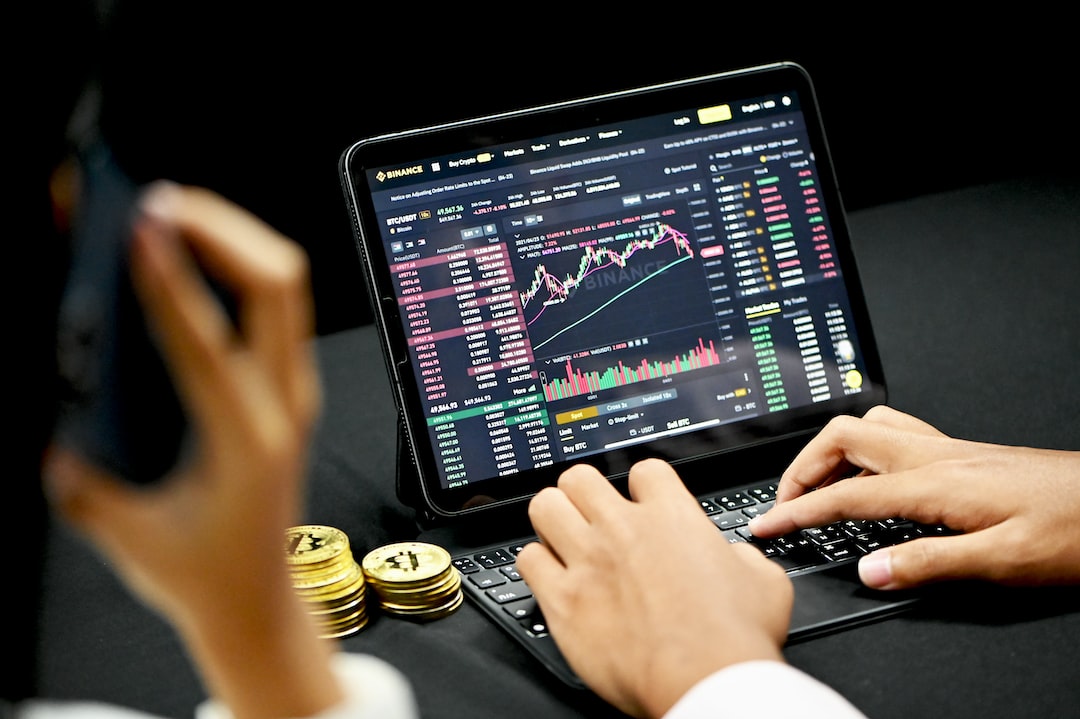The Need for International Cooperation in Crypto Regulation
The governor of Banco de Portugal, Mário Centeno, has emphasized the importance of international cooperation in establishing a global framework for crypto regulation. Centeno believes that national efforts alone are insufficient in protecting investors due to the nature of digital assets, which can lead to regulatory arbitrage and create loopholes for bad actors to exploit. Speaking at the 2023 Banco de Portugal Financial Stability Conference, Centeno commended the Markets in Crypto Asset (MiCA) regulations but criticized certain crypto products that have caused significant market crashes and losses.
Centeno praised the robust regulatory framework provided by MiCA and highlighted how countries are striving for domestic compliance based on its provisions. He advocated for collective efforts in regulating the crypto market, emphasizing the principle of “same risk same regulation” given the industry’s relative novelty.
“Today’s financial landscape is evolving rapidly, driven by innovation, digital platforms, and mixed-activity groups. Regulating and supervising these global risks and international players at the national level will not suffice.”
Centeno acknowledged the need for a balance between effective regulations and fostering innovation within the market. He echoed calls from other regulators worldwide for a global framework that promotes collaboration and harmonizes legislation.
Concerns over Unsustainable Crypto Products
In addition to advocating for global regulations, Centeno expressed concerns about certain crypto assets. While acknowledging their benefits such as lower prices and cross-border accessibility, he noted that the wider market poses risks. The governor highlighted how digital assets gained traction during the COVID-19 pandemic but have proven unsustainable due to declining prices and project failures in recent years.
Centeno cited examples such as the implosions of the Terra network and the infamous FTX crash that led to substantial market losses and subsequent regulatory measures. He also mentioned the risks associated with crypto-assets and decentralized finance (DeFi), questioning whether the touted democratization of finance will materialize given the technical complexity of the space.
Despite the uncertainty surrounding the future of digital assets, Centeno acknowledged the proactive stance of European regulators in finding a balance between traditional finance and DeFi.
Hot Take: Striking a Balance between Global Regulations and Innovation
Mário Centeno’s call for international cooperation in crypto regulation highlights the need for a unified approach to address the risks and opportunities presented by digital assets. While national efforts are important, a global framework is crucial to prevent regulatory arbitrage and protect investors from bad actors. However, striking a balance between effective regulations and fostering innovation within the market is essential.
The crypto industry is evolving rapidly, and regulators must keep pace while ensuring consumer protection and market stability. Collaboration among authorities worldwide will be instrumental in harmonizing legislation and addressing emerging challenges. As countries navigate this new financial landscape, it is vital to adopt a consistent “same risk same regulation” principle to promote fair and transparent practices across borders.





 By
By
 By
By
 By
By
 By
By
 By
By